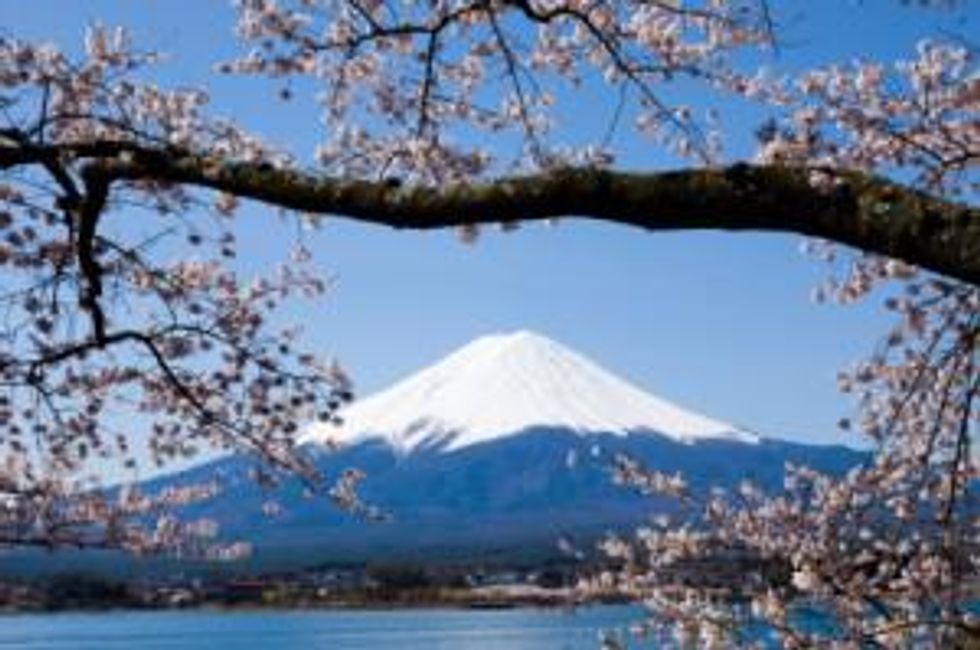Japan’s New Energy Plan Could be Positive for Uranium’s Future
Japan isn’t giving up on nuclear yet, and its Cabinet’s recent approval of a new energy plan could be the first step toward a uranium market turnaround.
The plan also confirms that Japan’s “[nuclear] reactors will be restarted once their safety is confirmed,” and is the first since Japan halted the operation of its nearly 50 nuclear reactors following the Fukushima disaster in early 2011.
Thursday night, the Japanese government approved the energy plan following drafts released earlier this year. A prior draft meant to be released in January was seen by a panel of experts as too dependent on nuclear energy, but Reuters states that Prime Minister Shinzo Abe fought for months to convince fellow Cabinet members to accept a draft that reinstates nuclear power. Still, Japanese Industry Minister Toshimitsu Motegi told the news outlet, “[t]he plan makes clear we will reduce reliance on nuclear power through a variety of measures.”
Reactors back online?
Japan has struggled so far this year to restart its nuclear reactors, and the official statement on the issue in its energy report signals that the island nation is serious about getting its plants up and running. The country’s Nuclear Regulation Authority as well as local governments must still give final approval for individual restarts, but as Raymond James analyst David Sadowski explains in a note to investors, the statement still represents “a major hurdle cleared in the effort to restart the nation’s reactors this year.”
Sadowski also said, “we believe that NRA approvals on [the first] units may come as soon next week as part of the Japan Atomic Industrial Forum in Tokyo.”
Cantor Fitzgerald analyst Rob Chang has similar views regarding the energy plan’s approval, commenting in a note to investors, “[w]e did see this as a rubber stamp however it did take longer than we thought. We expect 2-6 reactors to be approved and/or restarted this year — two in the next three months.”
Others are more wary. Reuters points out that high upgrade costs, local opposition and seismic risks could mean that many reactors will stay closed despite the recent announcement, while Paris-based independent energy consultant Mycle Schneider told the publication, “I think it is unavoidable that the Japanese utilities will write off most of their nuclear ‘assets’ and move on.” However, Japan’s resource-poor economy cannot continue to support current levels of spending on the costly fossil fuels that have replaced nuclear since the reactor shutdowns.
As Akio Mimura, chairman of the Japan Chamber of Commerce and Industry, stated, “[i]t is essential to quickly recover a low-cost and stable power supply system by restarting reactors whose safety is confirmed.”
A catalyst the market has been waiting for
Uranium Investing News wrote in February that uranium market watchers have been waiting for a definitive signal that Japan is ready to put its reactors back to work, and Thursday’s energy plan approval could be the “rubber stamp” that this is about to happen soon.
Sadowski sees “restarts as the most important catalyst for increased utility contracting and eventual higher uranium prices.” He calls the “increased visibility on restarts” a “critical psychological catalyst for the sector,” and states that once the first reactors start to return, global utilities will end their 17-month buyers’ strike for the metal.
However, Sadowski also notes that the uranium spot price was at an eight-year low of US$33.30 per pound last week, and suggests that prices will stay below $40 through 2014. He writes that progress in Japan will be more effective at strengthening uranium equities in the near future, but that uranium prices will wait for the medium and long term before rising.
Securities Disclosure: I, Teresa Matich, hold no direct investment interest in any company mentioned in this article.






